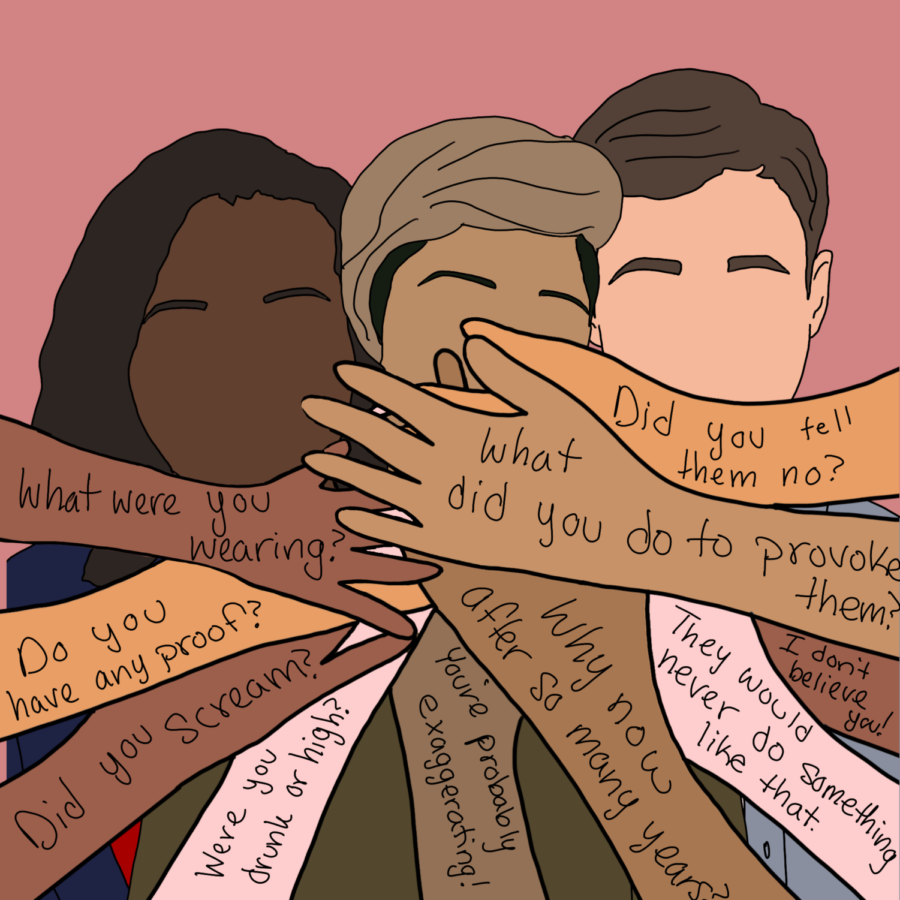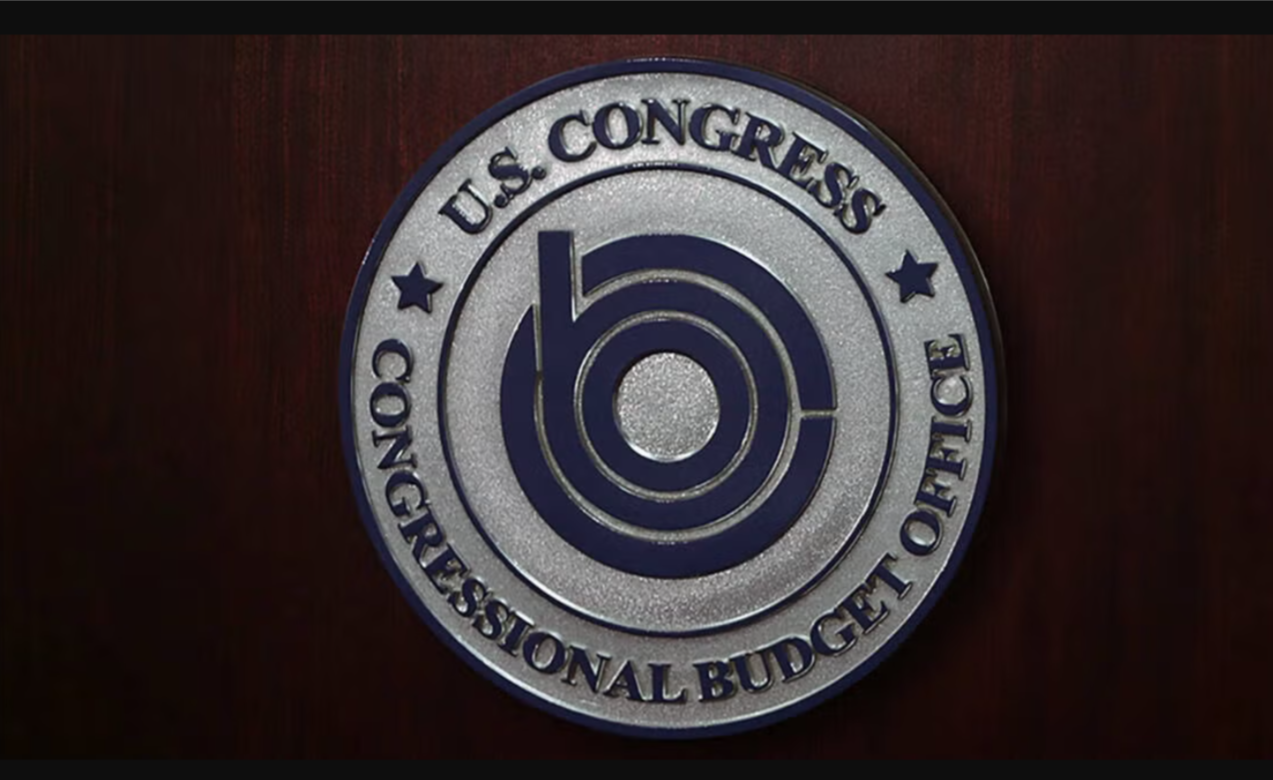(ThyBlackMan.com) If you are thinking of becoming a real estate agent, it is critical to understand the process of getting your real estate license. The good thing about this line of work is that you can get your licenses and be practicing faster than most careers out there. Overall, it is a six-step process that you can be done with within a few weeks, though it is important to note that each state has different licensing requirements. Moreover, the steps may vary depending on the state in which you decide to get your license. As such, it is critical to consult your state regulator and confirm that this process lines up with what they have.
Here is the Breakdown of the Steps:
1. Research the States Licensing Requirements
To get your real estate license you have to meet certain requirements set out by the state. Since real estate licenses and the procedures to obtain them are specific to the state, getting your license will allow you to operate legally only in that state. All states have a set of requirements that need to be met before you can become a licensed real estate agent and others on how to stay licensed.
Some of these requirements include:
1) Pre-licensing courses
2) Minimum Age
3) Fingerprinting and background checks
4) Examinations and eligibility
5) Education requirements’
6) Application fees and processes
7) Continuing education
8) How to progress to the next level of licensing
9) State of residency (alien or legal resident)
While by default each state comes with their own licensing procedures and requirements, many states have reciprocity agreements with other states. This means that you can take your exams and get your license on one state and be legally allowed to practice in another. For instance, If you have an Idaho real estate license you can work in Montana, Oregon or Wyoming without having to apply for a license or take any pre-licensing courses.
Take a Pre-Licensing Course
All states require that you take a pre-licensing course from an accredited licensing school before sitting for the real estate license examinations. The number of hours needed varies from state to state with some requiring as little as 75 hours in the case of New York and California going as high as 135 hours.
You could fulfill the requirements by attending classes at community colleges, real estate schools or even online. Nonetheless, it is important to find a way that works best with your schedule and learning style.
The following are the common pre-licensing requirements to be fulfilled:
1) Register at an accredited and licensed real estate school
2) Study for the required number of hours
3) Finish the exam preparation course
4) Get a certificate of completion or official transcripts from the school
Application and fees
Each state provides the required forms and information about the applicable fees on the state government’s website that deals with real estate. You need to be careful about filling in the forms and ensure that you have taken note of the deadlines. Missing a deadline by filing late or filling forms incorrectly could leave you waiting months for the next application dates. The application process will vary from state to state with some requiring that you get a sponsoring broker, get fingerprinted, pass the exam and buy E&O insurance before making the application.
Take the Real Estate Licensing Exam
Once you have the results for the pre-licensing course and have fulfilled all the requirements, you may proceed to apply for the real estate licensing exam. Most states will have a set time frame within which you will be expected to sit for the state licensing exam and get your license. For instance, Florida allows you up to two years period within which you can take the exam after pre-licensing. Meanwhile, California will not allow you to take the exam until eighteen days have passed since you got the results of the pre-licensing exam.
The licensing exam is similar to what you learned in the pre-licensing school and is for the most part multiple choice based quizzes. The real estate test can be anything from 1.5 hours up to 3.5 hours depending on the state you do your exam in. You will have to answer between 70-75% of the questions correctly to pass the exam.
File a Real Estate License Application
Once you are done with the exam and have received your results, you can proceed to apply for your real estate license. Depending on the state, you should expect to pay between $50 and $250 for the application. You may also be required to undergo a background check at this point. Many states will also ask that you have the Errors and Omissions (E&O) Insurance prior to making your application. The insurance is critical as it will protect you from financial losses in case you are sued while performing your real estate duties. It is at this point that the state will also check aspects such as your legal residency status, education level, and your age. Your license should be ready in between a week to two months depending on the state that you intend to work.
Find a Real Estate Broker
You will typically have to work under a supervising broker. The licensed broker’s job is to ensure that you adhere to ethical and legal standards in your real estate transactions. Most of the time you won’t be getting an hourly salary, but rather you will collect a percentage of commissions from the real estate transactions you generate.
The Brokerage Type
There are several types of brokerage houses that you can work for. The most common include National Franchises such as Coldwell Banker or Keller Williams, boutique style brokerages, and virtual brokerages. The type you decide to go for will determine how much resources, commission splits, room for advancement, and personalized training you get. Your choice of brokerage will depend on your goals and lifestyle.
Wrapping Up
Getting a real estate license can be a life-changing achievement though it may cost quite a bit of money and time. The good thing about the real estate industry is that it is easy to start and provides almost limitless opportunities to grow. Once you get your own broker in charge or broker license, you get access to better opportunities and increased flexibility. You can also undertake continuous education in property management, commercial property, residential property, appraisals, and mortgage certifications and designations, Such certifications will enhance your marketability and career and open new horizons for you as a real estate professional.
Staff Writer; Charles Parker

















Leave a Reply